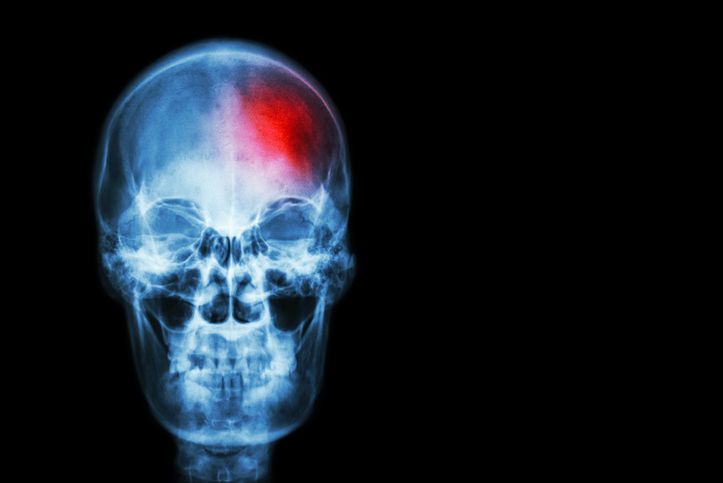
Scientists say though doctors are already advised to give the drug, the benefits of taking it early on have been "hugely underestimated" and treatment is sometimes delayed.
Taking one dose of 300mg aspirin as soon as possible after experiencing “warning symptoms” can decrease the level of risk from 70%-80%. Yes, 70- 80%! It previously thought that it only was around 15%.
Minor strokes and TIAs (transient ischaemic attacks or mini-strokes) occur when there is an interruption of blood flow to the brain - they can cause weakness to the limbs or problems with speech or vision and symptoms usually disappear within days.
But the chance of going on to have a major stroke - with more permanent symptoms - is higher in the days after an attack.
Previous studies have suggested aspirin plays some part in reducing this, particularly in the long-term, by reducing the risk of blood clots forming, or thinning the blood.
TAKE A LOOK: Can Aspirin Prevent Breast & Colon Cancer
But the team of scientists say their findings show most of the benefit lies in the first crucial hours and days after a minor stroke or TIA.
They estimate taking early aspirin treatment at this point could reduce the risk of having a major stroke from one in 20 people per day to one in 100.
Immediate treatment with aspirin can substantially reduce the risk and severity of early recurrent stroke. This finding has implications for doctors, who should give aspirin immediately if a TIA or minor stroke is suspected, rather than waiting for specialist assessment and investigations.
The researchers analyzed data from 15 aspirin trials involving about 56,000 stroke patients. They found that almost all of the benefit from aspirin was experienced in the first few weeks after an initial minor stroke.
How to Recognize a Stroke
- Face - has their face fallen on one side? Can they smile?
- Arms - can they raise both their arms and keep them there?
- Speech - is their speech slurred? If you notice any of these symptoms it is...
- Time - time to call 9-1-1 if you see any single one of these signs
Additional symptoms of stroke and mini-stroke can include:
- Sudden loss of vision or blurred vision in one or both eyes
- Sudden weakness or numbness on one side of the body
- Sudden memory loss or confusion
- Sudden dizziness, unsteadiness or a sudden fall, especially with any of the other symptoms
Lead researcher, Peter Rothwell added "We need to encourage people, if they think they've had some neurological symptoms that might be a minor stroke or TIA, to take aspirin immediately, as well as ideally seeking medical attention.
Half of recurrent strokes in people who have a TIA happen before they seek medical attention for the TIA. Encouraging people to take aspirin if they think they may have had a TIA or minor stroke -- experiencing sudden-onset unfamiliar neurological symptoms -- could help to address this situation, particularly if urgent medical help is unavailable.









